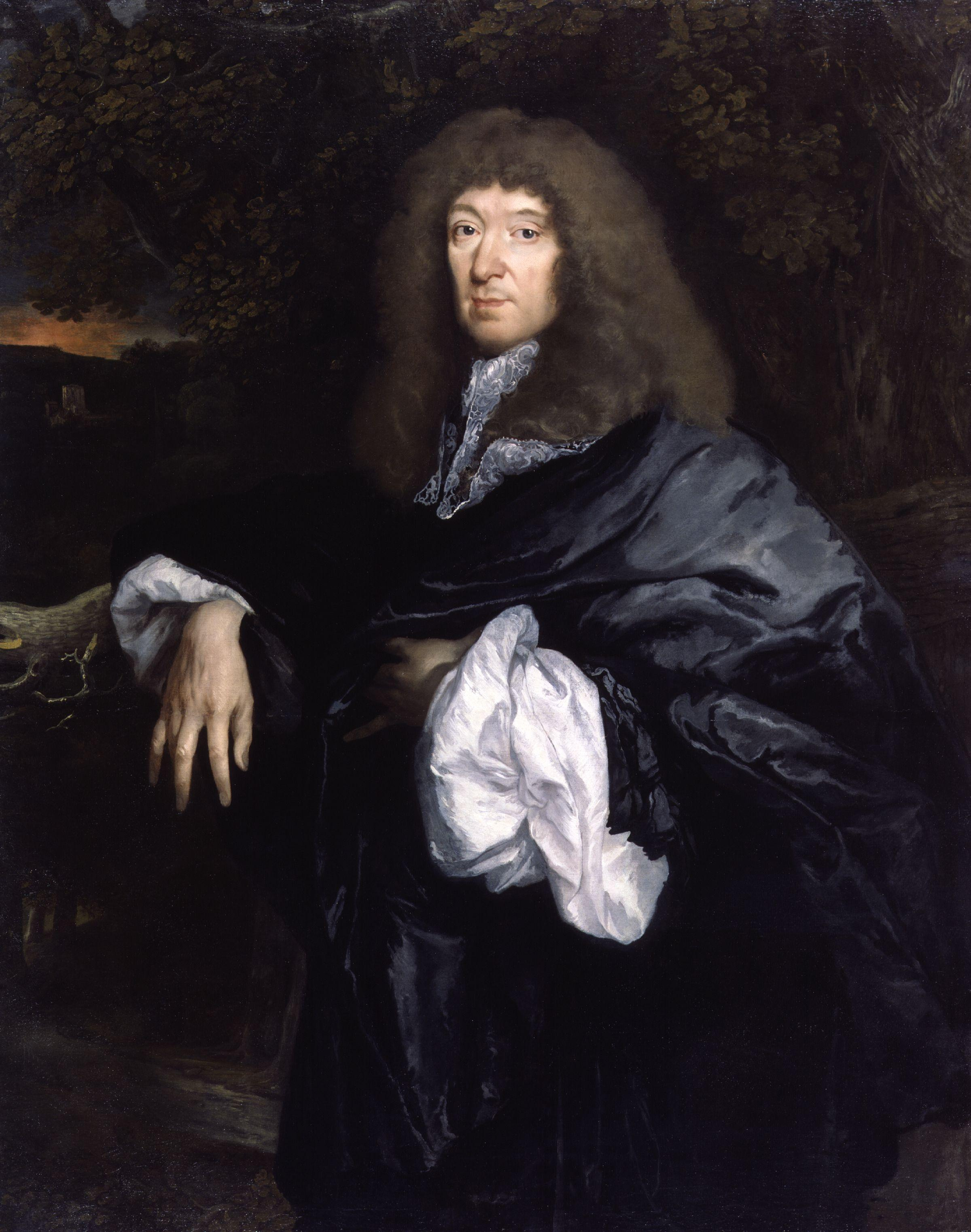Canto I, line 189
Hudibras, Part I (1663–1664)
Kontext: For his Religion, it was fit
To match his learning and his wit;
'Twas Presbyterian true blue;
For he was of that stubborn crew
Of errant saints, whom all men grant
To be the true Church Militant;
Such as do build their faith upon
The holy text of pike and gun;
Decide all controversies by
Infallible artillery;
And prove their doctrine orthodox
By apostolic blows and knocks;
Call fire and sword and desolation,
A godly thorough reformation,
Which always must be carried on,
And still be doing, never done;
As if religion were intended
For nothing else but to be mended.
A sect, whose chief devotion lies
In odd perverse antipathies;
In falling out with that or this,
And finding somewhat still amiss;
More peevish, cross, and splenetick,
Than dog distract, or monkey sick.
That with more care keep holy-day
The wrong, than others the right way;
Compound for sins they are inclin'd to,
By damning those they have no mind to:
Still so perverse and opposite,
As if they worshipp'd God for spite.
The self-same thing they will abhor
One way, and long another for.
Free-will they one way disavow,
Another, nothing else allow:
All piety consists therein
In them, in other men all sin...
